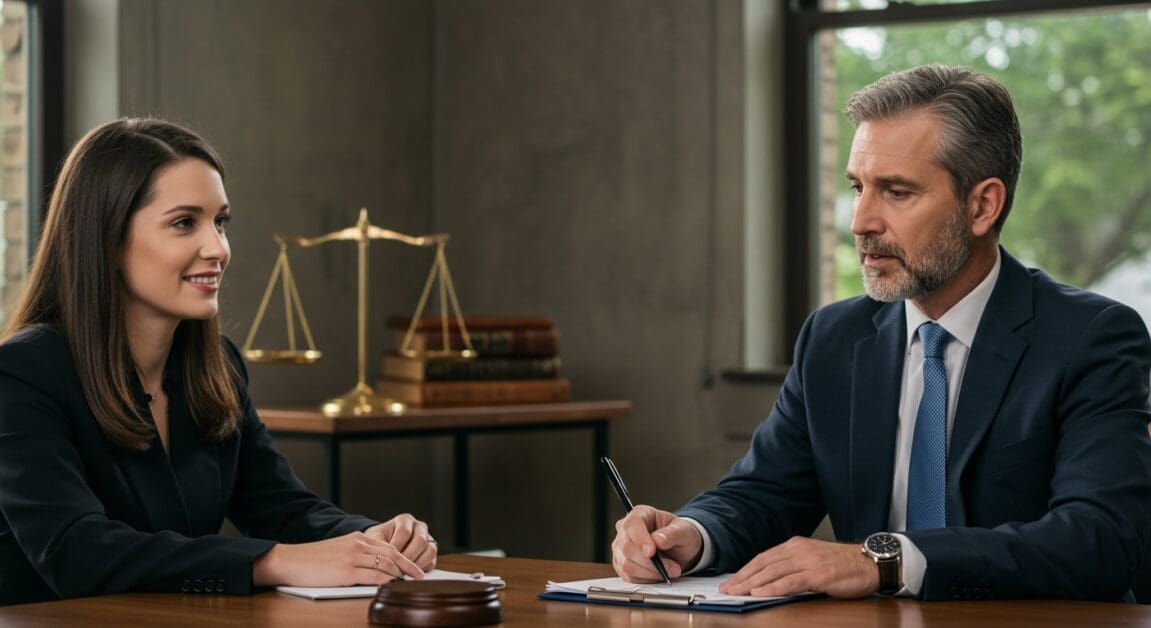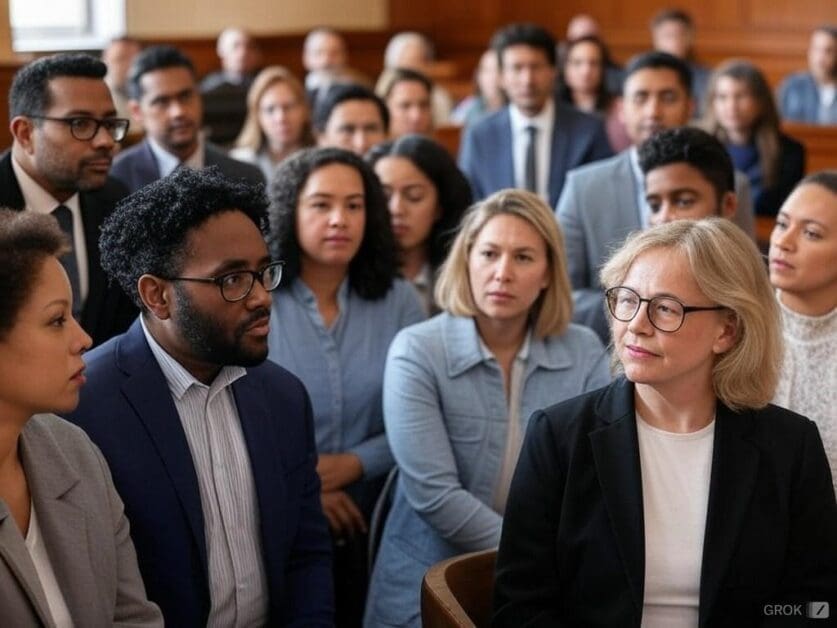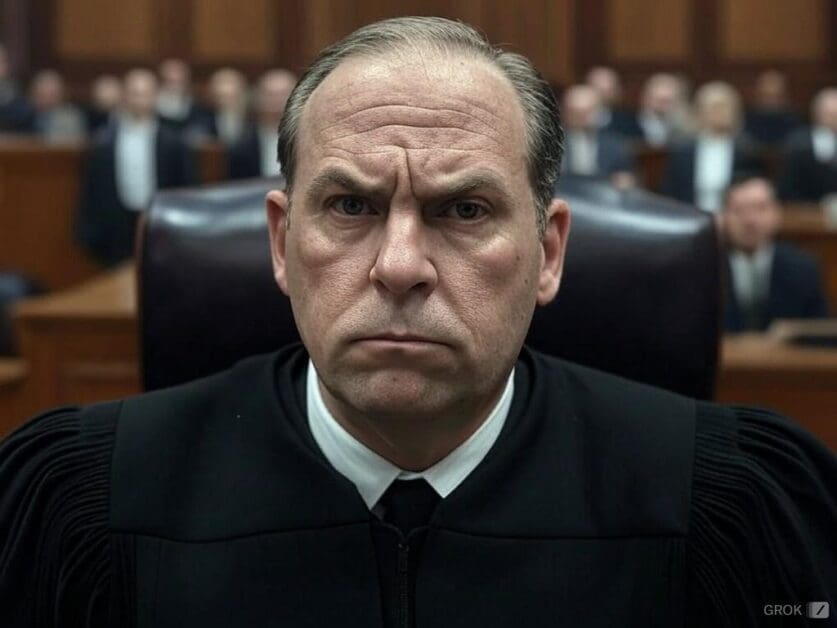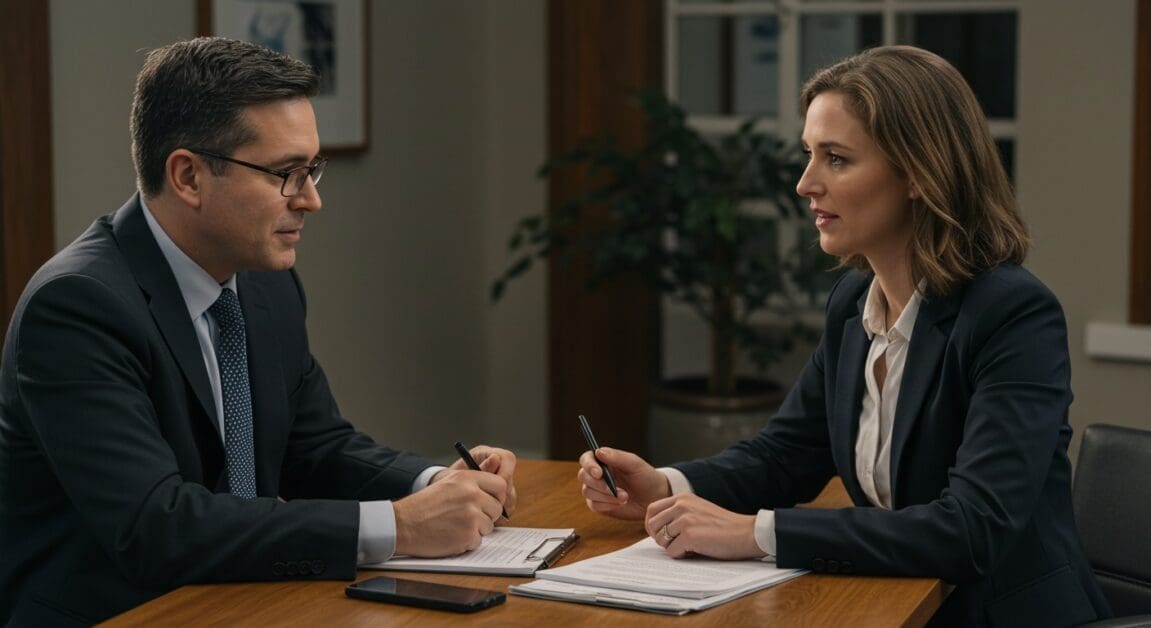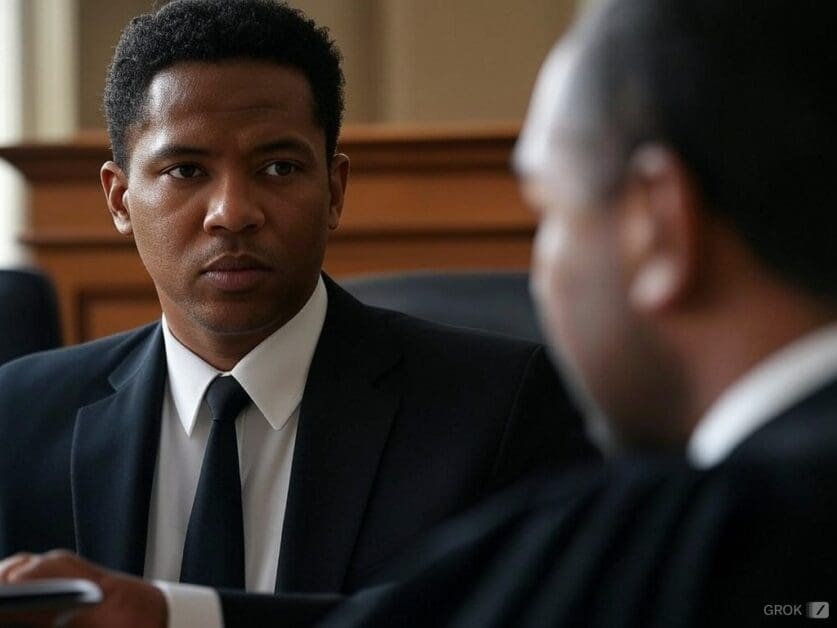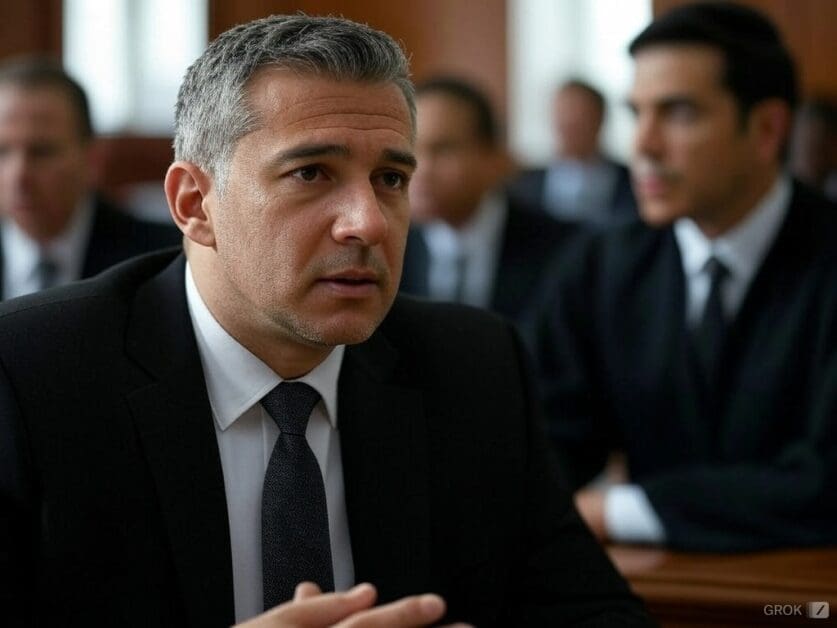Criminal Defense Strategies: Protecting Your Rights in Court
In the realm of criminal law, the importance of effective defense strategies cannot be overstated. As the legal landscape evolves, so too must the approaches employed by criminal defense attorneys to safeguard their clients’ rights and secure favorable outcomes. This article delves into the multifaceted world of criminal defense, exploring both traditional and innovative strategies […]
Criminal Defense Strategies: Protecting Your Rights in Court Read More »


